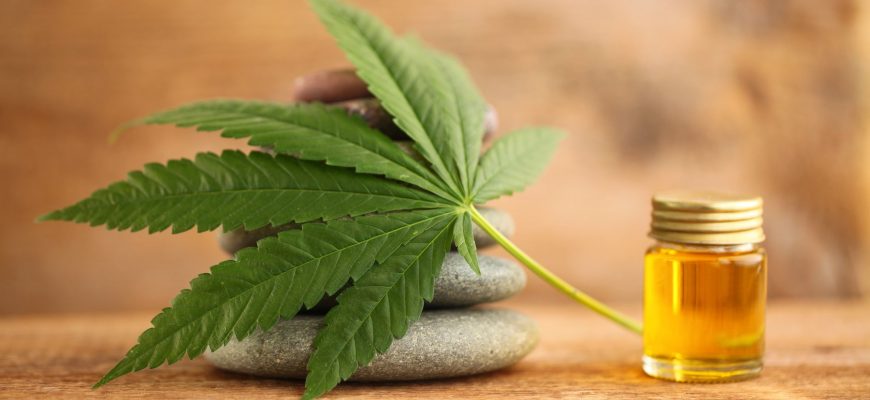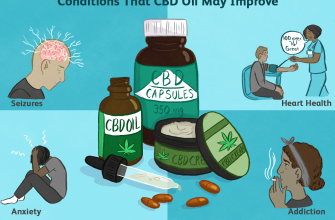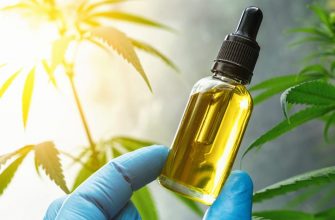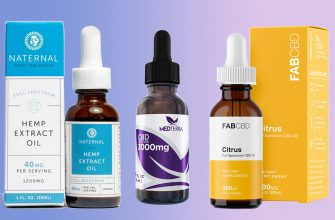The discovery of antibiotics as a medicine in 1928 only meant a huge revolution in healthcare. However, the production and universal use of antibiotics increased rapidly in the period leading up to the end of World War II, and this overconsumption of antibiotics in humans changed to today’s sad reality, as if by magic.
According to a recent report from the Centers for Disease Control (CDC), about half of antibiotic prescriptions are completely unnecessarys in USA. According to another report from the World Health Organization (WHO), the impact of overconsumption of antibiotics is immediately catastrophic. And the bacteria that are normally present in the human body are constantly evolving and building immunity to the myriad of antibiotics people commonly use for illnesses that can’t even be classified as serious.
Antibiotics and the consequences of their overuse
This catastrophe is better explained by the statistics, which say that at least 2 million Americans annually suffer from an infection caused by increased immunity to bacteria. This is estimated at about 23,000 deaths.
If this problem is not addressed in time, the number of these deaths could increase rapidly in the coming years. But the good news is that nature has already found a solution to this problem.
Study of Bacterial Endurance and Resistance to CBD
Studies by British and Italian scientists have shown that CBD has natural potential to effectively kill these bacteria and is therefore very effective in treating infections.
At least 6 of the most resistant bacteria have been exposed to CBD, and fortunately, in all cases, CBD oil has proven to be much more effective in fighting resistant bacteria than any drug available at the pharmacy.
Cannabidiol and its antimicrobial effects
It was also found that CBD oil should be applied sublinguallyto make the effect as effective as possible (through the oral mucosa). These antimicrobial effects of CBD, which are absorbed by the mucous membranes in the body, are very effective in fighting these resistant bacteria and their infection.
It follows that cannabis, which is not commonly used for recreational purposes, could be used to develop effective drugs for patients. at an affordable price. Thus, CBD can be a substance that heals and is effective and accessible to patients.
Considering all of the above, it is not difficult to conclude that CBD is the most effective drug for treating an infection caused by antibiotic-resistant bacteria. The final step in developing effective CBD products is obtaining US government approval for the promotion and use of cannabidiol.
While this seems to be a complex and never-ending process, given all the benefits that CBD offers for fighting bacterial infections, it is likely that cannabidiol will soon be approved as an effective drug for patients.
A source: http://thehempoilbenefits.com/cbd-antibiotic-resistant-bacteria





